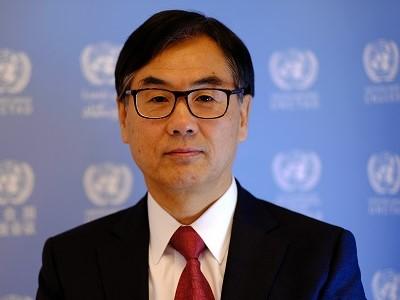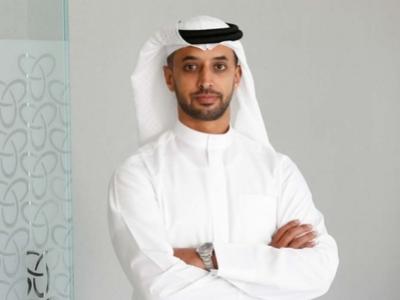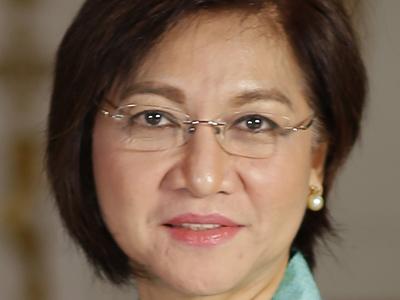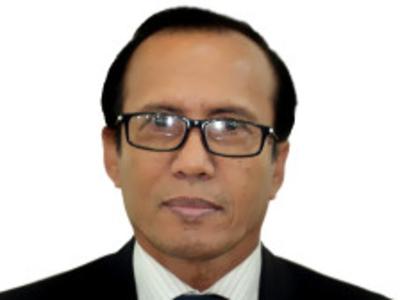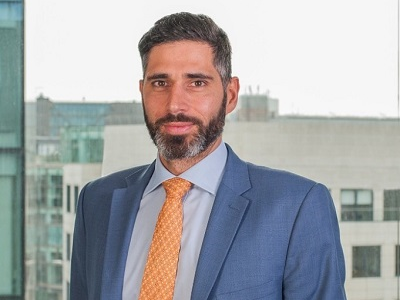Special Economic Zones (SEZs) can be regarded as an investment in industrial infrastructure and a services provider to attract and facilitate foreign investment, integrate local firms into global value chains, promote export-oriented growth and generate employment. For many countries, these zones are an important instrument of socioeconomic development. They are widely deployed to kick-start industrial sectors and to promote technology transfer to local economies and can contribute to improving the overall investment environment, lowering transaction costs for FDI activities, increasing the ease of doing business and streamlining administrative procedures, including the time required to set up operations. According to UNCTAD’s estimate, there are now estimates of over 4,800 SEZs worldwide and they are still front of mind for investment policymakers.
Despite the advantages and clear success cases, SEZs have a mixed record. The cost of investments in zone infrastructure and maintenance in many cases outweigh the benefits. Investors may also take advantage of tax breaks without delivering substantial employment or export earnings. It often proofs difficult to extend benefits outside the zones or to upgrade domestic skills and the production base. Many traditional export processing zones have been successful in attracting investment and creating employment in the short term but became uncompetitive when wages started to rise, or trade preferences disappeared.
Moreover, SEZs today operate in an ever more challenging environment. Due to the new industrial revolution (NIR) zones will need to rethink their competitive advantages, as the importance of traditional locational advantages are eroding. At the same time, SEZs will need to pursue business activities in a more socially and environmentally responsible manner that advances the Sustainable Development Goals (SDGs). These challenges call for a modernization of special economic zones.
In this session, organized in collaboration with FEMOZA, lessons learned for designing the right infrastructure, facilitation services, and incentives, creating economies of scale and promoting transfer of the latest technologies in the zones, will be shared and synthesized for developing zone models that can be adopted and adapted to individual countries’ needs. It will specifically address challenges related to the modernization of SEZs, such as those related to sustainable economic zones, strategic alliances, digitalization, domestic and regional linkages and new sources of financing for innovation-driven zones, putting theory into practice.
Issues for the debate:
- Best practices and lessons learned
- SEZs and the SDGs
- Modernizing SEZs
